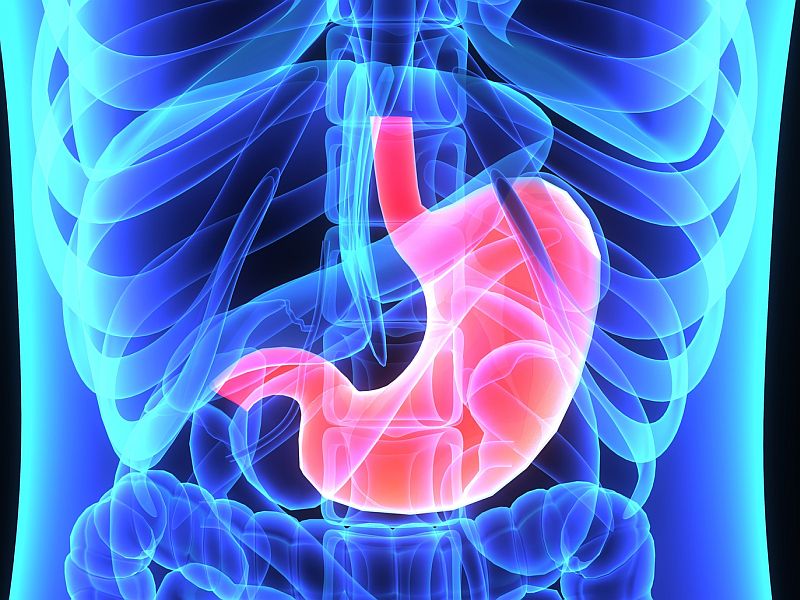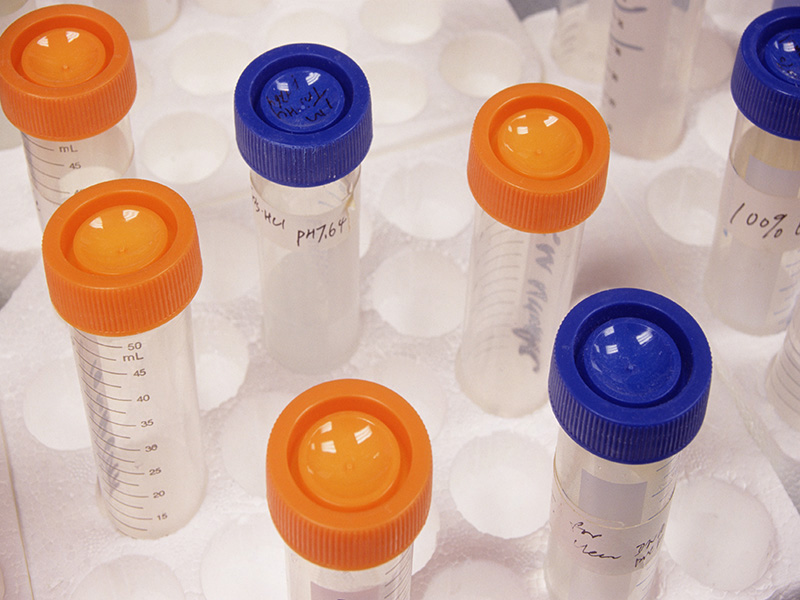
Cold, dry winter weather can wreak havoc on your hands, triggering rashes, dry patches and irritation. The American Academy of Dermatology suggests how to prevent a rash on your hands: Wear task-appropriate gloves to protect your hands from harsh chemicals, such as dyes and detergents. Wear insulated gloves or mittens in cold weather. Wash your… read on >



























